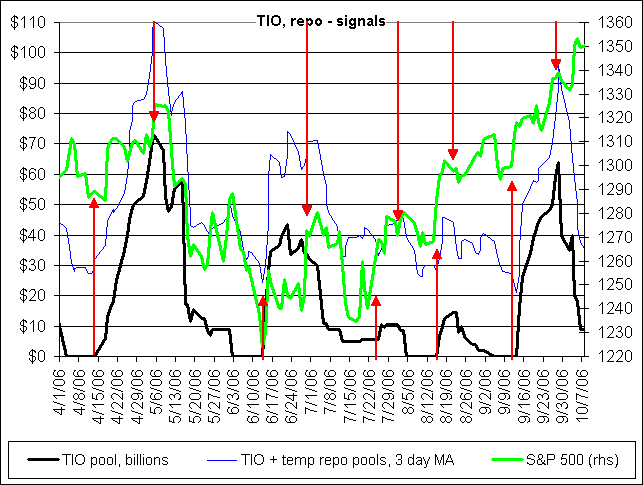Greenspan once made the comment:
""But bubbles generally are perceptible only after the fact. To spot a bubble in advance requires a judgment that hundreds of thousands of informed investors have it all wrong. Betting against markets is usually precarious at best."
Maybe Greenspan is mistaken here. Maybe 100s of thousands of informed investors have it all RIGHT and are riding the bubble up, getting ready to steal the last chair before the music stops.
""But bubbles generally are perceptible only after the fact. To spot a bubble in advance requires a judgment that hundreds of thousands of informed investors have it all wrong. Betting against markets is usually precarious at best."
Maybe Greenspan is mistaken here. Maybe 100s of thousands of informed investors have it all RIGHT and are riding the bubble up, getting ready to steal the last chair before the music stops.


Comment